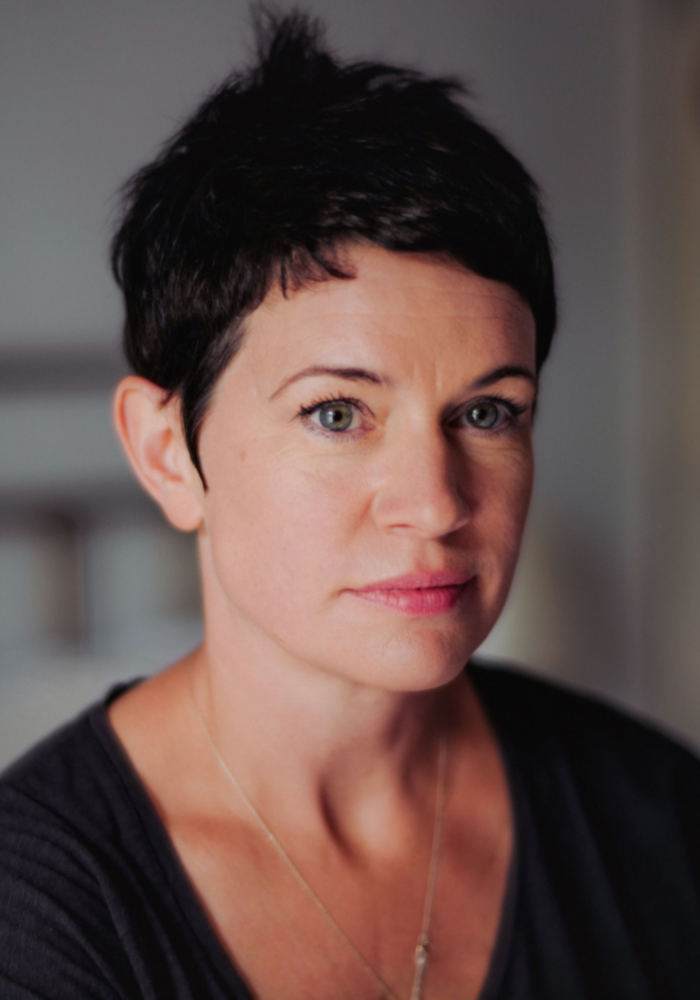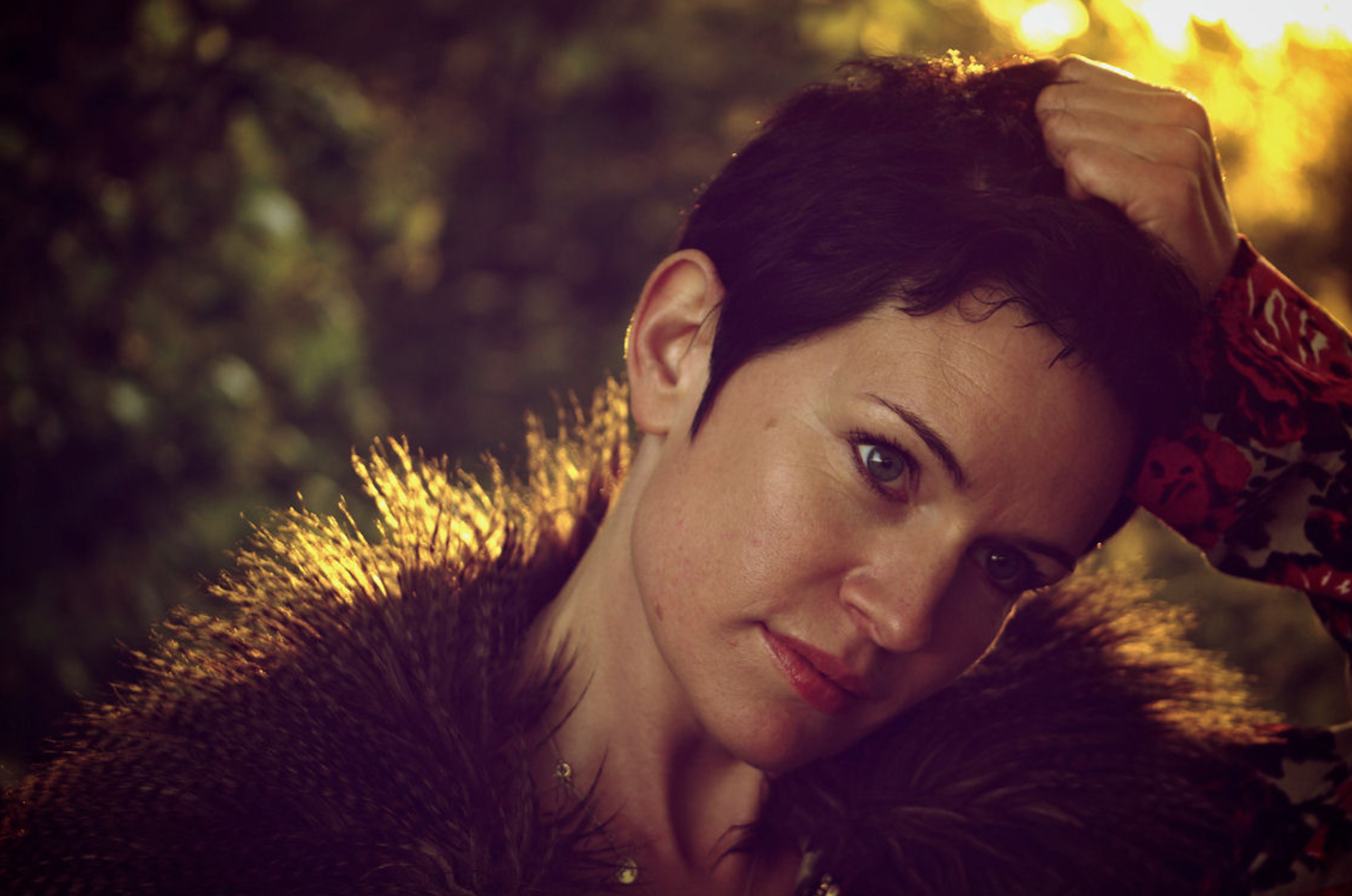Sarah Hall, the award-winning author behind such novels as The Electric Michelangelo, How To Paint A Dead Man, The Wolf Border and most recently Burntcoat, has spoken to Headliner about her new BBC Radio 4 show We’re All Living In OK Computer Now, which explores the impact and influence Radiohead’s 1997 classic has had on music, culture and politics 25 years after its release.
Celebrating its 25th anniversary this year, Radiohead’s OK Computer is considered not just one of the greatest British albums of all time, but one of the most influential rock albums ever made, regularly topping or touching the uppermost reaches of such lists the world over. Spawning singles such as Paranoid Android, Karma Policeand No Surprises, the album’s melancholy, at times inscrutable lyrics and dark, experimental, future gazing sonic palette was largely at odds with the ‘60s revivalist concerns of the Britpop movement dominating the nation’s music scene. The rise of Blair and Brown and the New Labour movement at the time also provided a stark social and political backdrop to the current of disquiet and anxiety that flows through its 12 tracks.
Though widely heralded upon release as a great album, OK Computer’s reputation as a bona fide classic has grown, and continues to grow, with every passing year. Its influence – as Hall elaborates – continues to be felt as acutely as ever, not just in music but across all manner of artforms. As she explains, 25 years on, it remains beguiling and intriguing as ever, free of the haze of mid-‘90s nostalgia that has been prone to permeate certain aspects of the time.
Here, Hall opens up on her new Radio 4 show, what OK Computer means to her and how it has inspired her own writing…
What can listeners expect from We’re All living In OK Computer Now?
It’s the 25th anniversary of the album, so it seemed like the right time to revisit the album, see who it influenced - the contributors on the show range from writers, musicians and politicians - how it influenced, how broad that influence was and to just think about what it was about the album that was prescient and hit a note. Or perhaps an off note, because it did go against the grain in a number of different.
When did you first hear OK Computer? Were you already a fan of Radiohead?
It got me in my early 20s and I’d just finished my postgraduate studies at St Andrews in Scotland. I was a fan. I loved The Bends, but I wasn’t such a fan that I was waiting to rush out and buy the next album straight away. It was released and then found me a little bit later on. And it just sunk really deeply. Some of the experiences I went through during that period – the first time I visited New York I was listening to the album. And the political climate of the time… everything seemed to come together, and it really affected me, musically, lyrically. I was beginning to really take my own writing seriously, so I was hoovering up artistic influences and this music went into the making of me.




